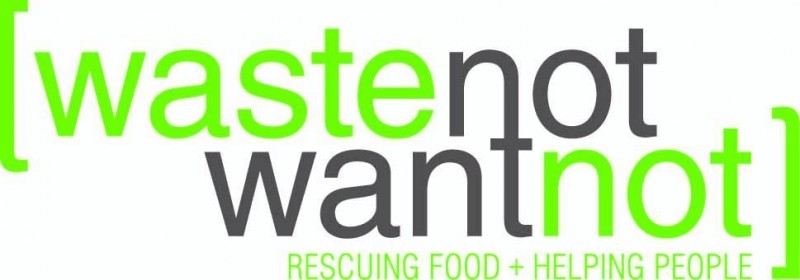Orange Park United Methodist Food Pantry every Monday gives out food to 70-80 families feeding 1200 people monthly. Waste Not Want Not Food bank is critical to our success .Every Monday they provide us with a cargo van of rescued food- bread, pastry, produce , dairy items and meat. We then pass that on later in the afternoon to those in need. They are open every week and the volunteers & managers are very helpful and dedicated to their mission. WNWN is a blessing to our pantry and to the communityRay White, OPUMC pantry manager.
Over 1.8 million nonprofits and charities for donors, volunteers and funders
5,848 Pageviews Read Stories
- EIN 35-2244427
- 904 215-3150
- PO Box 119 Orange Park FL 32067 USA
- www.wastenotflorida.com
- Facebook page
- Add to Favorites
Orange Park United Methodist Food Pantry every Monday gives out food to 70-80 families feeding 1200 people monthly. Waste Not Want Not Food bank is critical to our success .Every Monday they provide us with a cargo van of rescued food- bread, pastry, produce , dairy items
Read More
mrw5855, Client Served
Volunteering
Promote This Nonprofit
Nonprofit Overview
Causes: Food, Food Programs
Mission: Connecting the dots between surplus food and hungry people since 1990: Waste Not Want Not exists to prevent the discarding of items that can be used to fight hunger and poverty in our community. Our volunteers rescue food daily from stores, restaurants, vendors, farmers’ fields and neighbors’ gardens. We distribute this perishable food promptly to people fighting hunger in Clay and surrounding counties. These men, women, and children, our neighbors, enjoyed more than two million pounds of wholesome food last year - food that, but for our volunteers’ efforts would have gone to waste. Food belongs in bellies - not landfills What happens to the heart-shaped cakes on February 15, the unbroken eggs in a carton with two that are cracked, the unsold food at your favorite restaurant at closing time, or the unpicked oranges on neighbor’s trees? All these are wasted; thrown away. In a country where one resident in six is food-insecure, one-quarter of all food produced is discarded before it reaches a consumer. But not here in North Florida where Waste Not intercepts food that may be unmarketable or "imperfect" but is perfectly wholesome and safe to consume. Not here in North Florida where Waste Not fights hunger by distributing that rescued food to 2,200 people struggling to put food on the table every day. No one should go hungry while good food goes to waste: Learn more at https://www.youtube.com/watch?v=lUMgyebt3H4
Results: Fighting hunger by rescuing food creates unique challenges and opportunities especially in the time of COVID. Our challenge is responding to an unpredictable supply of semi-perishable food: we never know exactly what we will receive, and unlike shelf-stable food at food pantries, rescued food is perishable and must be distributed promptly. Because rescues vary from baked goods, produce, dairy, to prepared foods, drinks, and meat, we have a unique opportunity to help all kinds by sorting the food based on their needs. Children taking weekend backpacks home find them filled with small, easy-to-prepare items; struggling families receive groceries; students at afterschool programs receive pizza and drinks; diners in soup kitchens, group homes, or churches with full kitchens enjoy prepared foods such as soup, vegetables, lasagna, and chicken; and homeless served in the woods find individually packaged sandwiches, drinks, desserts, and fruit in their bags. By matching food to our recipients’ needs, Waste Not volunteers ensure that whatever we rescue is put to good use. Every week last year, at least 15,000 people ate food rescued by Waste Not Want Not volunteers. Waste Not Want Not rescues food, helps people, and increases financial donors’ impact. Every dollar donated to Waste Not, magnified by the efforts of our volunteers, provides 15 pounds of food to people in 14 counties struggling to put food on the table. Receiving food from Waste Not for free allows our recipient groups to do more; to feed more people or to spend more of their limited funds on non-food services. Every financial gift to Waste Not results in benefits to our community that are much greater in value than the value of the donation.
Target demographics: those suffering from hunger since 1990
Direct beneficiaries per year: 15,000 people each week
Geographic areas served: North Florida
Programs: Food Rescue and Distribution. In 2020, despite COVID, we distributed 2.1 million pounds of food to local charities serving those in need. This food, which would otherwise have been discarded, instead was provided to men, women and children, seniors and homeless people.













